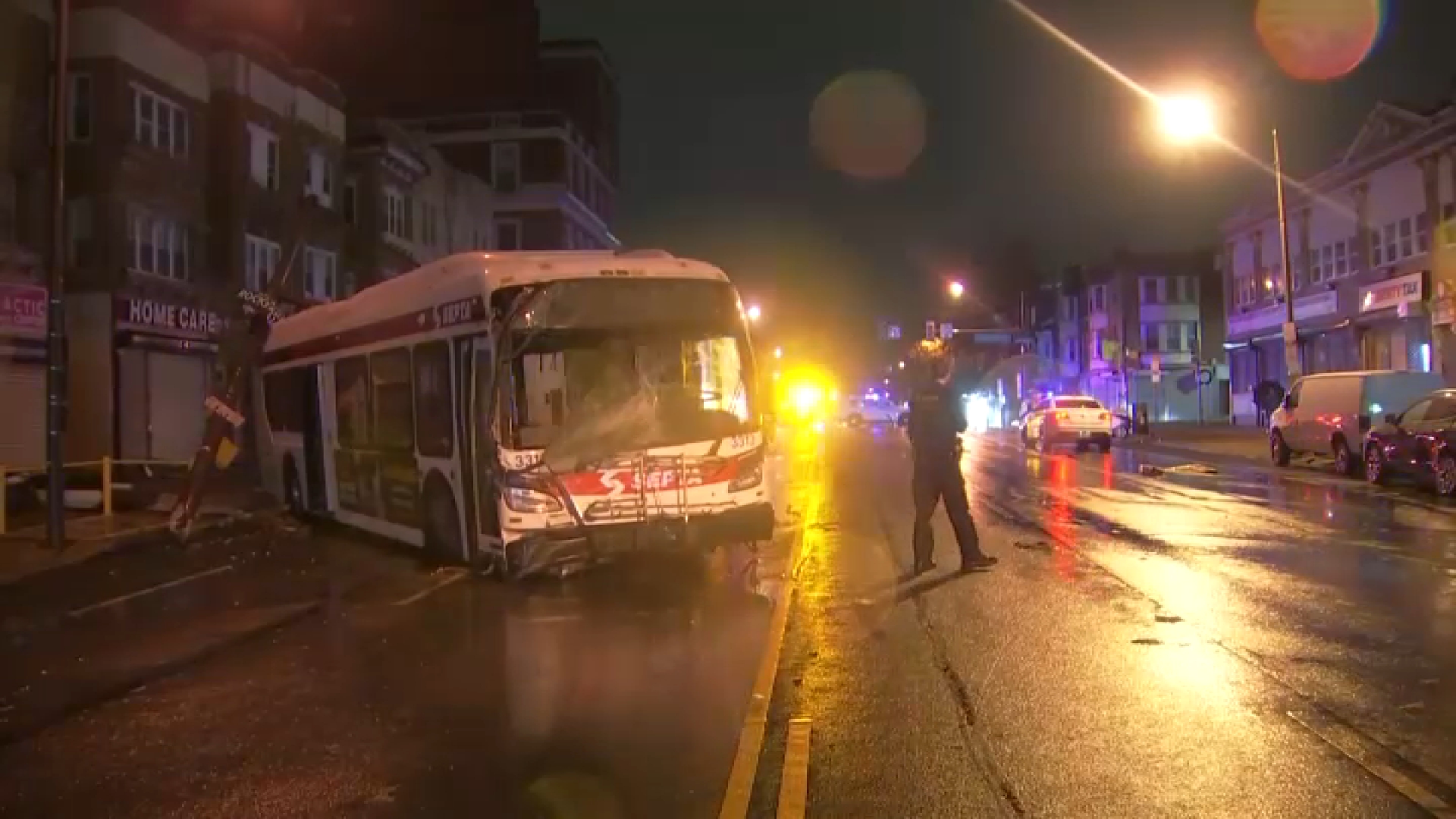Diane Ravitch, a New York University education professor, was once a passionate champion of charter schools and standardized testing. She has since done a 180-degree turn, becoming a nationally known critic of pro-competition reform.
Ravitch spoke at Philadelphia's Free Library Tuesday night about her new book, "Reign of Error: The Hoax of the Privatization Movement and the Danger to America's Public Schools."
The book attempts to bust the "myth" that America's public school system is in decline. Overall, Ravitch said the country's schools have never been better, with historically low dropout rates and historically high test scores on the National Assessment of Educational Progress.
In U.S. cities where schools are struggling, she said, poverty and segregation are the root causes.
Ravitch said the public has been "sold a bill of goods," including the federal No Child Left Behind Act, the Obama administration's Race to the Top initiative, and other policies that have attempted to improve schools through the "overuse" of test scores, she said.
The crowd at the Free Library, which included many teachers, enthusiastically applauded Ravitch several times.
Local
Breaking news and the stories that matter to your neighborhood.
Her characteristically blunt lines were especially popular, such as, "This idea that you can find teachers who are bad based on the test scores of their students, this is a very stupid idea." They also cheered, "Pennsylvania is the state that has more cyber charters than any other state in the country. They are a sham. They are a scam!"
She also praised teacher tenure as a way to preserve academic freedom. Critics of seniority-based layoffs, transfers and other policies say they unfairly protect some subpar educators and make it hard for principals to put together like-minded teams.
Ravitch, who worked as a top aide in President George H.W. Bush's education department, said she was forced to change her mind about school choice and standardized tests after reviewing data.
"All test scores will tell you is who's teaching the most affluent kids and who's teaching the poorest kids," she said, "and somehow the best teachers are the ones who are in the most affluent districts, and have the easiest classes."
To help combat the negative effects of poverty, Ravitch recommended providing prenatal care to low-income women.
"When women don't get prenatal care, their children are likely to have developmental deficiencies, cognitive delays," she said. "We will spend hundreds of thousands of dollars on them in the course of their school life and many years after."
She also endorsed as solutions expanding early childhood education, reducing class sizes and providing students with a "full, rich curriculum" that includes arts, physical education and foreign languages.
In an interview with WHYY/NewsWorks, Ravitch said that the Philadelphia School District is one of the most troubled public school systems in the United States. But she does not blame teachers for the district's woes.
"I'd say Philadelphia and Detroit would be the two worse off in the country," she said, "because it's that combination of poverty and segregation and desperate underfunding."
Gov. Tom Corbett's administration, district officials and advocacy groups like the Philadelphia School Partnership have argued that the city's schools would be better off if teachers agreed to health care and work-rule concessions. The school district is seeking more than $100 million in concessions, including pay cuts, from the Philadelphia Federation of Teachers.
Ravitch is optimistic because, she said, the public is finally turning against excessive testing and market-based reform.
"Protecting our public schools against privitiazation and saving them for future generations of American children is the civil-rights issue of our time," she said.
This story was reported through a news coverage partnership between NBC10.com and NewsWorks.org



